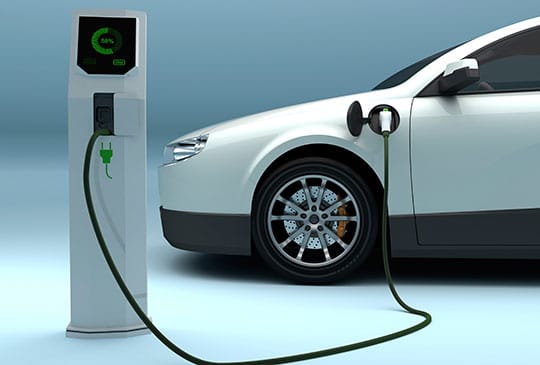Electric Vehicles to drive the future of Automobiles in Africa.
International Energy Agency( IEA) says each day the technology evolves and experts are finding ways of coming up with technologies that will transform the global digital. IEA is exploring the possibilities of electric vehicles taking over automobiles in Africa.

International Energy Agency( IEA) says each day the technology evolves and experts are finding ways of coming up with technologies that will transform the global digital. IEA is exploring the possibilities of electric vehicles taking over automobiles in Africa.
The future of transportation is electric, many people globally are opting for EV hence a need for technology innovation. The number of electric cars, trucks, vans, and buses on the world's roads is on course to increase from 11 million vehicles to 145 million by the end of the decade. In addition to providing a convenient and easy transport method, Electronic Vehicles (EVs) are also environmentally friendly. Their ease of maintenance, cost efficiency, and accessibility make them an excellent choice.
In 2014, KMC developed the Kiira EVS, Africa's first electric vehicle, and in 2016, it developed Africa's first solar electric bus, the Kayoola Solar Bus. South Africa is the leading country in the adoption of electric vehicles on the continent. Nissan LEAF and BMW i3 are two notable electric vehicles sold in South Africa. As of 2019, South Africa is home to about 180 charging stations for electric vehicles.
In addition to this, African countries such as Kenya and Rwanda have enacted tax incentives to encourage electric vehicle imports and are developing their own electric two- and three-wheelers. In May 2021, Lagos unveiled its first electric car. It was also the first electric car assembled in Nigeria. Lagos State Governor, Babajide Sanwo-Olu, had unveiled the new Hyundai Kona, a product of the Stallion Group.
At the launch, the governor had committed to providing charging points for electric vehicles (EVs) throughout the state.
Hyundai Kona, manufactured by Stallion Group, is a fully electric vehicle and, as expected, emits no emissions, and can be charged both at home and outside of the house. Additionally, a proudly indigenous manufacturing company, JET Motors is producing custom-made electric vehicles in Africa. These vehicles are suitable for the African and Nigerian environments.
Jane Akumu, a programme officer with the United Nations Environment Programme (UNEP), says that Africa lags behind other parts of the world, however, the continent is awakening to the opportunities in the EV market. Especially in electric two and three-wheelers, there is potential for green jobs, local manufacturing and assembly, cleaner renewable energy, and business opportunities in charging and battery swapping. Akumu said that many African governments are seeing the growth of electric vehicles in the private sector. There is more interest in more countries to incentivize the uptake of EVs, like Kenya, Ethiopia, Senegal, Côte d’Ivoire, and many more where the governments are looking at EV uptake.
In Africa, the adoption of electric vehicles, is, however, not without challenge. Some of the challenges are EV cost more money and is dependent on reliable energy than a gas-powered car. Many African countries rank among the lowest per capita income countries in the world, and also lack reliable energy supplies. EV must become affordable as Internal combustion engine if not then electric vehicle remains a fiction in the continent. Moreover, recharging the battery takes time, compared to filling up at the gas station, recharging an electric car's battery needs more time. An electric car may take up to 20 hours to charge fully, depending on the model.
The agency said African governments must understand that in the near future, aging electric batteries could quickly succumb to degradation and eventually become outdated, leading to a massive waste problem in Africa.
UNEP, through its Global E-Mobility programme, has been helping African countries to come up with the right policies to switch from fossil fuel mobility to electric mobility. Some 19 countries have allocated part of their Global Environment Facility funding to electric mobility UNEP would like to see more countries and cities make clearer pronouncements of the dates when they will phase out internal combustion engine vehicles.
Source:
i) All Africa (2021) Africa: How Electric Vehicles Will Drive Africa's Future Automobiles.
ii) Tonderayi. M (2021) Opportunities for Africa in electric vehicle market




